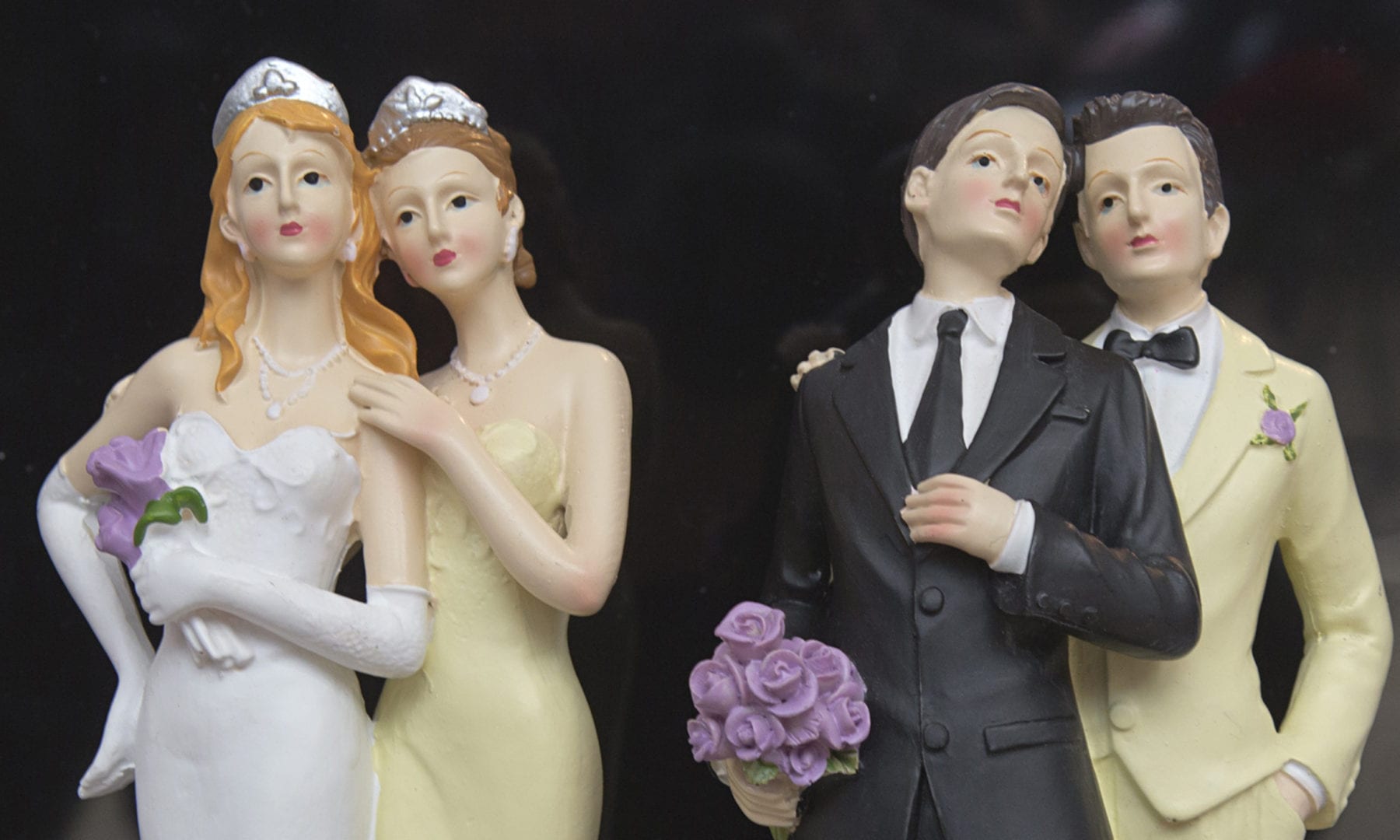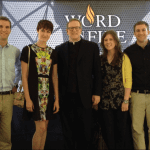If It Can’t Be Never, Perhaps Its Better

The Supreme Court’s ruling has been discussed at great length. The way I see it, the ruling has disastrous consequences for society. Whether it is constitutional or not, future generations will suffer, not by some immediate divine chastisement as surely some religious groups will in panic claim, but rather by the natural consequences of holding up bad behavior as if it were good. Whether people like it or not, the law has a teaching influence on the masses – and this law tells future generations that gay “marriage” is good for people, or at least not harmful.
On the positive end however, this is an opportunity for a section of society to highlight the moral disaster our government has become – and in so doing, reduce the number of people who trust it for moral guidance. If this ruling had to come, I’m thinking it may be better now than later – as the old proverb goes, a frog will jump out of a boiling pot of water if dropped in it, but if it is already in it and the temperature is slowly turned up to boiling, the frog will be cooked alive. There has been an incredible shift in public opinion in the matter of a few years… a new opinion that discards as mere bigotry the millennia (both Christian and of the classical world) that preceded it and it seems this was largely done by emotionally driven social marketing-so obviously effective that now videos on the other end are coming out:
Gay “marriage” is now popularly called a civil rights issue akin to slavery, which (undertones are visible in the featured image from CNN) paints people like me as a slave owning bigoted Confederate. The next envisioned step in civil-rights is what is seen as reparation-punishing the “discriminators,” at least financially at first.
All I know is that we have a few things going for us, like natural law and millennia of Western (and Eastern) civilization, despite how the history books will be written telling how we-all were primitive and Confederate as well.
Alastair McIntyre sets before us the task that we who still respect the good (not “values”) will have:
“It is always dangerous to draw too precise parallels between one historical period and another; and among the most misleading of such parallels are those which have been drawn between our own age in Europe and North America and the epoch in which the Roman Empire declined into the Dark Ages. None the less certain parallels there are. A crucial turning point in that earlier history occurred when men and women of good will turned aside from the task of shoring up the Roman imperium and ceased to identify the continuation of civility and moral community with the maintenance of that imperium. What they set themselves to achieve instead—often not recognising fully what they were doing—was the construction of new forms of community within which the moral life could be sustained so that both morality and civility might survive the coming ages of barbarism and darkness. If my account of our moral condition is correct [one characterized by moral incoherence and unsettlable moral disputes in the modern world], we ought to conclude that for some time now we too have reached that turning point. What matters at this stage is the construction of local forms of community within which civility and the intellectual and moral life can be sustained through the new dark ages which are already upon us. And if the tradition of the virtues was able to survive the horrors of the last dark ages, we are not entirely without grounds for hope. This time however the barbarians are not waiting beyond the frontiers; they have already been governing us for quite some time. And it is our lack of consciousness of this that constitutes part of our predicament. We are waiting not for a Godot, but for another—doubtless very different—St. Benedict.” (After Virtue 244-5)
Build your community independently of the government, people, because we’re going to need them.


